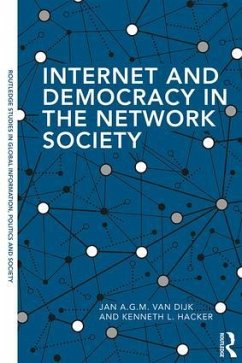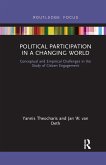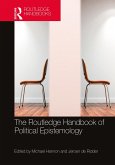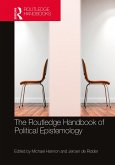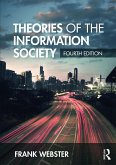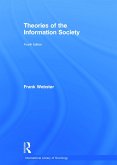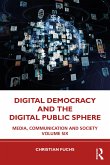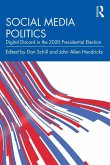A seminal shift has taken place in the relationship between Internet usage and politics. At the turn of the century, it was presumed that digital communication would produce many positive political effects like improvements to political information retrieval, support for public debate and community formation or even enhancements in citizen participation in political decision-making. While there have been positive effects, negative effects have also occurred including fake news and other political disinformation, social media appropriation by terrorists and extremists, 'echo-chambers' and "filter bubbles", elections influenced by hostile hackers and campaign manipulation by micro-targeting marketing. It is time for critical re-evaluation.
Designed to encourage critical thinking on the part of the student, internationally recognized experts, Jan A.G.M. van Dijk and Kenneth Hacker, chronicle the political significance of new communication technologies for the promotion of democracy over the last two decades. Drawing upon structuration theory and network theory and real-world case studies from across the globe, the book is logically structured around the following topics:
Political Participation and Inclusion
Habermas and the Reconstruction of Public Space
Media and Democracy in Authoritarian States
Democracy and the Internet in China
E-government and democracy
Views of democracy and Internet use
Underpinned by up-to-date literature, this important textbook is aimed at students and scholars of communication studies, political science, sociology, political communication, and international relations.
Designed to encourage critical thinking on the part of the student, internationally recognized experts, Jan A.G.M. van Dijk and Kenneth Hacker, chronicle the political significance of new communication technologies for the promotion of democracy over the last two decades. Drawing upon structuration theory and network theory and real-world case studies from across the globe, the book is logically structured around the following topics:
Political Participation and Inclusion
Habermas and the Reconstruction of Public Space
Media and Democracy in Authoritarian States
Democracy and the Internet in China
E-government and democracy
Views of democracy and Internet use
Underpinned by up-to-date literature, this important textbook is aimed at students and scholars of communication studies, political science, sociology, political communication, and international relations.
'Two leading thinkers who produced seminal texts on digital democracy and the network society when these were nebulous possibilities for most of us have teamed up. The result is a prescient and engaging book that invites all to rethink the future of networked media and democracy.' - Zizi Papacharissi, Professor and Head of Communication, Professor of Political Science, University of Illinois
'This book is a timely, thoughtful and thought-provoking volume on the state of politics and democracy in an increasingly networked society, dealing with a plethora of hot-button issues such as filter bubbles and fake news. The fact that this book bears almost no resemblance to Digital Democracy (2000) makes one realize the seismic shift in internet-based politics just in the last 18 years, and how profoundly it has affected democracies as well as autocracies.' - S. Shyam Sundar, Distinguished Professor, The Pennsylvania State University
'This book is a timely, thoughtful and thought-provoking volume on the state of politics and democracy in an increasingly networked society, dealing with a plethora of hot-button issues such as filter bubbles and fake news. The fact that this book bears almost no resemblance to Digital Democracy (2000) makes one realize the seismic shift in internet-based politics just in the last 18 years, and how profoundly it has affected democracies as well as autocracies.' - S. Shyam Sundar, Distinguished Professor, The Pennsylvania State University
'Two leading thinkers who produced seminal texts on digital democracy and the network society when these were nebulous possibilities for most of us have teamed up. The result is a prescient and engaging book that invites all to rethink the future of networked media and democracy.' - Zizi Papacharissi, Professor and Head of Communication, Professor of Political Science, University of Illinois
'This book is a timely, thoughtful and thought-provoking volume on the state of politics and democracy in an increasingly networked society, dealing with a plethora of hot-button issues such as filter bubbles and fake news. The fact that this book bears almost no resemblance to Digital Democracy (2000) makes one realize the seismic shift in internet-based politics just in the last 18 years, and how profoundly it has affected democracies as well as autocracies.' - S. Shyam Sundar, Distinguished Professor, The Pennsylvania State University
'This book is a timely, thoughtful and thought-provoking volume on the state of politics and democracy in an increasingly networked society, dealing with a plethora of hot-button issues such as filter bubbles and fake news. The fact that this book bears almost no resemblance to Digital Democracy (2000) makes one realize the seismic shift in internet-based politics just in the last 18 years, and how profoundly it has affected democracies as well as autocracies.' - S. Shyam Sundar, Distinguished Professor, The Pennsylvania State University

